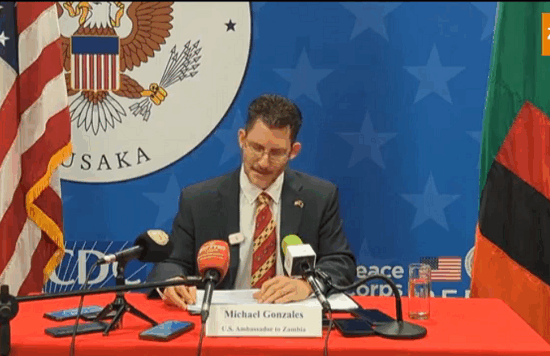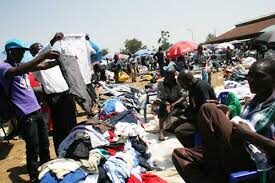
An energy expert has cautioned ZESCO that the signing of a power supply agreement with NAMPOWER of Namibia should not result in domestic and commercial consumers being starved off power or load shedded in preference for export revenue.
Bornface Zulu, an energy expert said that if local supply is not prioritized, the power utility may end up committing to supplying the export market at the expense of supplying the domestic and commercial clients.
“This will continue negatively affecting the nation and down grading the country’s economy to further more calamities, thus the need for ZESCO to consider such actualities before engaging itself into giving power to neighboring countries like Nambia”, Zulu told ZBT.
He added that ZESCO has to come up with a strategic plan that will work for both the Zambian and Namibian sides so that both economies are not negatively affected at all cost. The country risks experiencing a shortfall in the long run and ZESCO should not come up with an excuse of load shedding due to insufficient water or power to supply to Zambian consumers and businesses.
These concerns of possible load shedding have come up following the agreement that ZESCO has signed with NAMPOWER of Namibia for the supply of an additional 80 megawatts to the Namibian power utility. This additional 80MW on the existing 100MW should only be satisfied on excess power and not at the expense of local consumers.
ZESCO Managing Director Victor Mapani said that the power giant will take advantage of being part of the Southern African Power Pool – SAPP , which creates great opportunities for ZESCO to play a major role in trading with the regional power blocks.
Risk of load shedding have returned after the revelation that China Exim Bank has suspended funding of the $2billion 750MW Kafue Gorge Lower Power project which was projected to make Zambia a net exporter of electricity. ZESCO has since indicated that they intend to finish off the plant from internal resources or funds.






